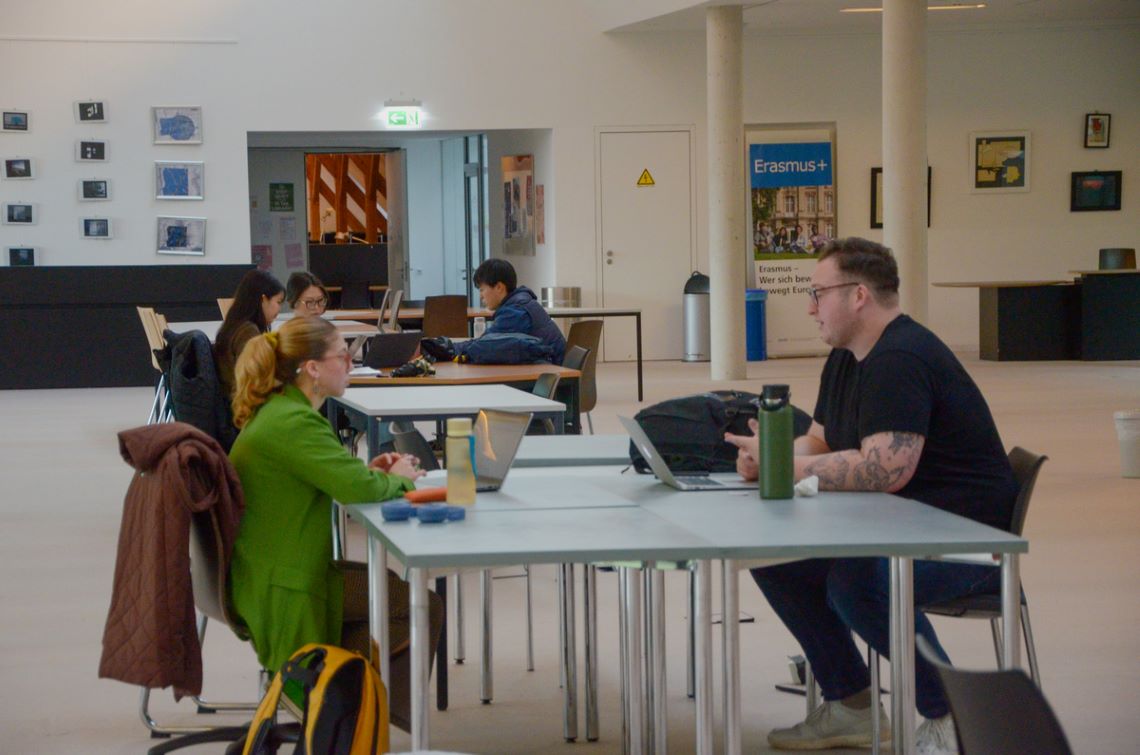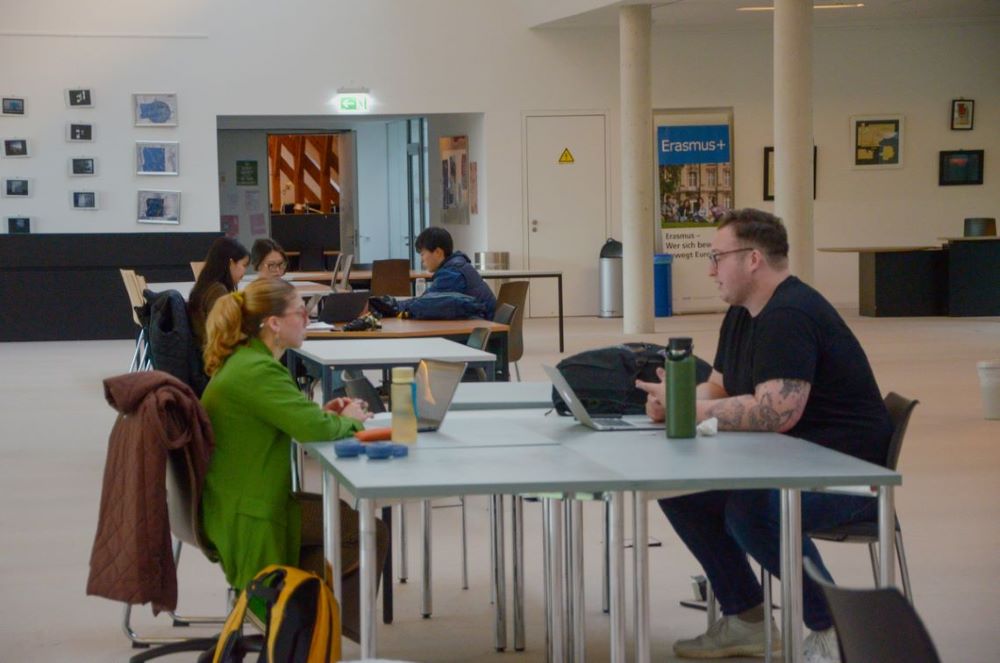It is getting colder, especially in Bremen.
The holidays are coming, and so is exam season. But don't worry because the secrets to acing exams will be revealed in this post!
1. Start Early
Have you ever wished you started earlier? Or could you get better grades if you started earlier? You have an answer for yourself! But sometimes, it is truly hard to start to study a month before exams. To deal with this, you can set aside fixed study time. During a specific time of the day, you will study. You could also have a study plan in which you can specify which subjects and topics you want to cover each day. You'll be more motivated to work towards them with a clear plan.
2. Get enough sleep and rest
"Grab some sleep!" Aditi Borkhataria, second-year Mathematics major.
It is important to maintain your health, especially during the exam period. Scientifically, you'll be much more productive if you have enough sleep because your brain will work better. So, don't compromise your sleep to meet the deadlines. It is very relatable for students to consume caffeine through coffee and energy drinks to stay up late. If you are a night owl and feel more productive working at night, do so. However, keep in mind that you can only memorize and comprehend knowledge when you have enough brain energy.
3. Approach professors and teaching assistants
Exams will come in various forms. It could be written exams, term papers, or even presentations. Hence, strategies to ace each of these forms would be different. Understanding what each type expects from you is the secret to passing the exam. The best way to do this is to discuss it with your professors and teaching assistants.
Potential questions you could ask to understand your exams better are:
- What criteria do you expect from the exam?
- How can I approach X Y Z better?
- What will the exam look like? Do you have a mock exam?
You could also proactively approach professors or teaching assistants to ask and discuss concepts you need clarification on.
You can get all the information related to the email addresses and office numbers of professors here if you don't know them:
4. Study alone or in a group? In the library or your room?
The answer to these questions is actually "it depends." You can try it out for yourself, as students have different preferences for working environments and styles. Some people prefer a private space where they can focus on themselves, while others prefer to work in the library (IRC), where many students study. It would be less tempting to surf Instagram while people are studying. Similarly, studying with friends could be very helpful, especially when you can discuss with them when you don't understand something. However, at the same time, make sure not to start chatting and lose track of time.
It's your turn. Try it to find out!
You can check out further information about IRC here, where you'll learn its potential to help with studies with a wide range of books, access to quiet study areas, and printing services.
5. Adopt active learning strategies
Active learning entails engaging in meaningful activities to connect and make sense of knowledge. It can come in different forms, such as teaching back or asking questions.
The first thing you need to do is make sure you're not going through slides unconsciously. While reviewing your lectures, you can ask a few basic questions like "What am I learning from this lesson?" Then, ask yourself if the information on the slides answers your questions. Then, after you finish one lecture, you can summarize what you remember and quickly go through the slides again to see if you missed any important points. This method fosters a more engaged learning experience and enhances retention and comprehension. You could also do this with your friends and discuss it out loud.
Now, you're ready to go. Study hard, and good luck with your exams!


